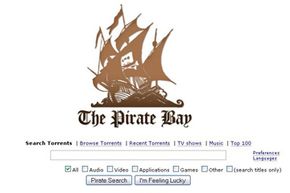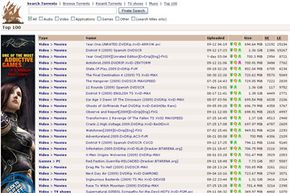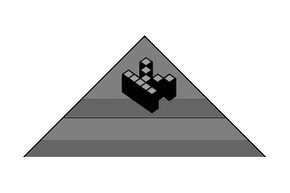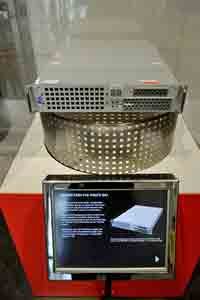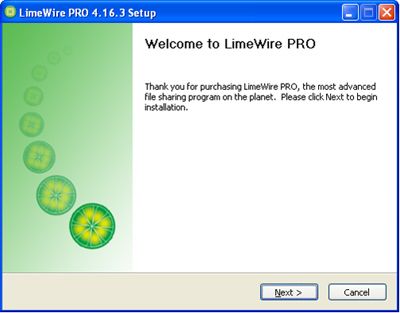Since the Internet's earliest days, users worldwide have used it to share files with each other. Home users occasionally find this a cheap way to exchange media, such as music, videos and software. File sharing wasn't as widespread when this meant competing for modem connections, followed by waiting hours to download a large file just to get a single, short, badly pixilated video. Now, you're more likely to connect your home computer to a fast, reliable Internet connection, and to have plenty of hard drive space available. With these two ingredients, you can share even the largest video files, including high-quality television shows and full feature-length films.
As Internet file sharing has grown, media organizations worldwide have worked continually against pirating of copyrighted material. However, for each file-sharing Internet site that's been forced to shut down due to copyright violations, many more have been launched in its place. With the number of Internet users also continuing to rise, a confidence has grown among file sharing enthusiasts that there is little that laws can do to stop them from exchanging all types of media. This confidence is reflected in the name of one such Web site: the Pirate Bay.
Advertisement
The Pirate Bay tracks files that can be downloaded using the BitTorrent protocol, a widely used standard for peer-to-peer file sharing over the Internet. The Pirate Bay is free for your personal use, and it claims to set itself apart by ensuring content is not only free but also uncensored. The site's administrators ask only a few things from you: Accept responsibility for the content you share, refrain from sharing malicious and illegal content and don't use the tracker in a way that violates the privacy of other users. The Pirate Bay offers no service guarantees, and reserves the rights to publish any information about violations of its usage policy.
This article covers how to use The Pirate Bay for Internet file sharing, and describes the site's history and legal challenges.
Advertisement
